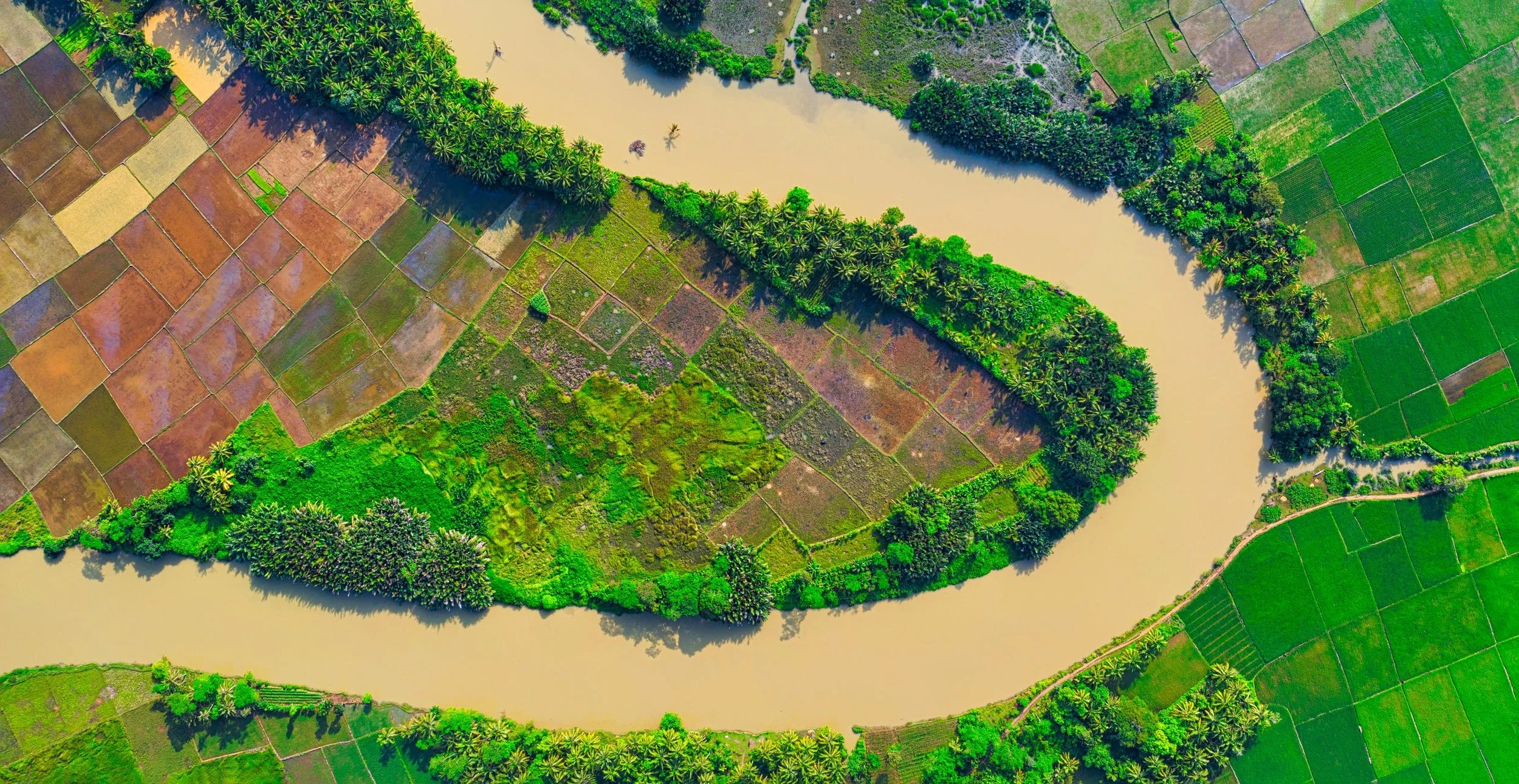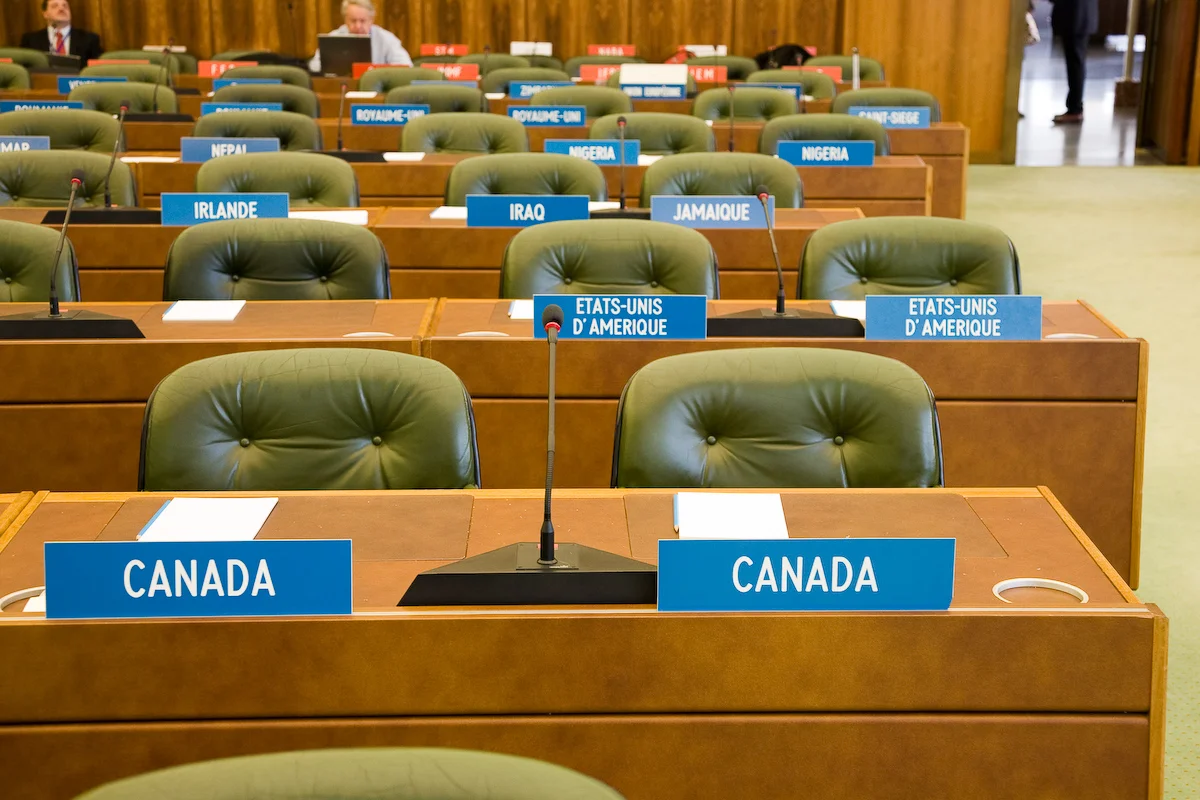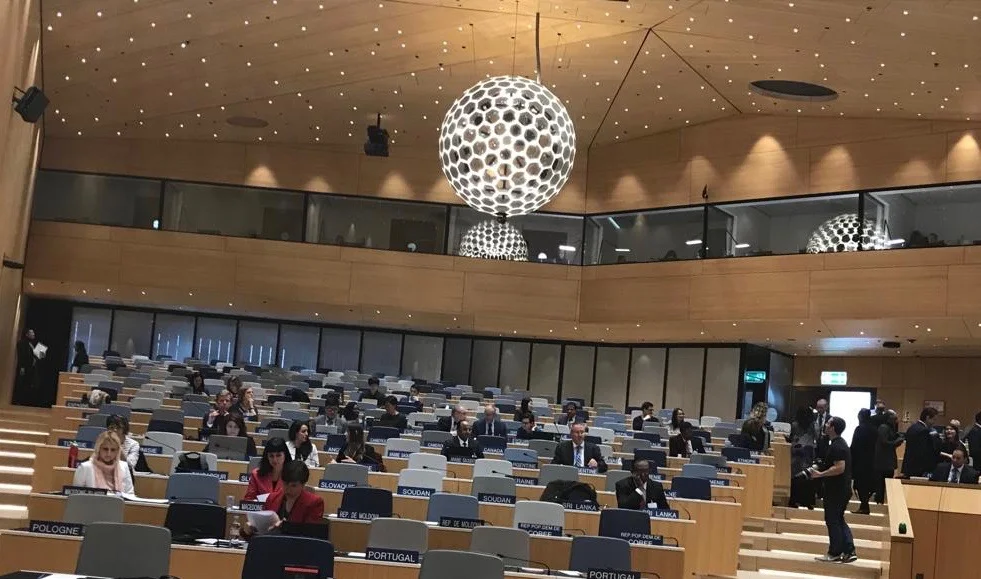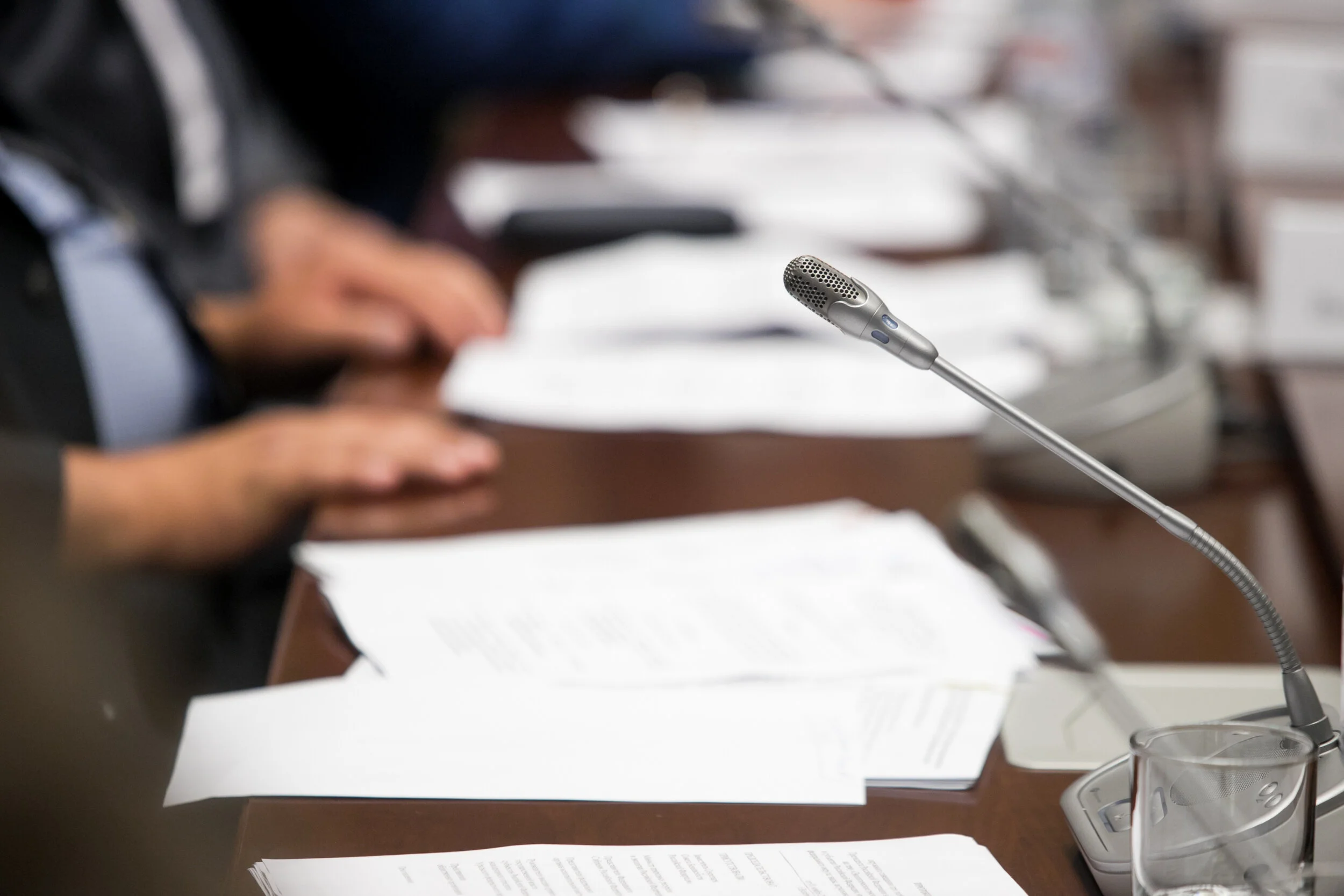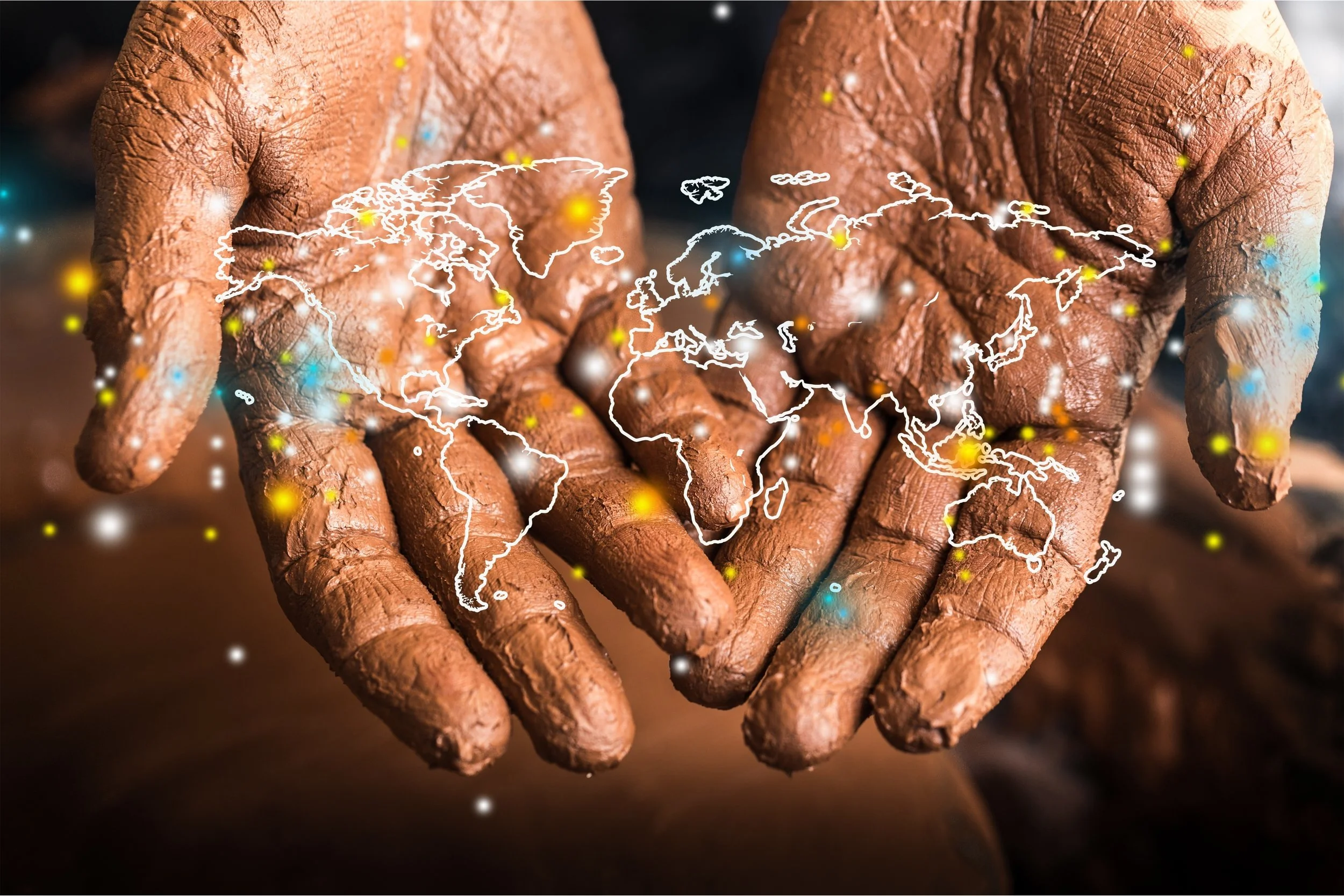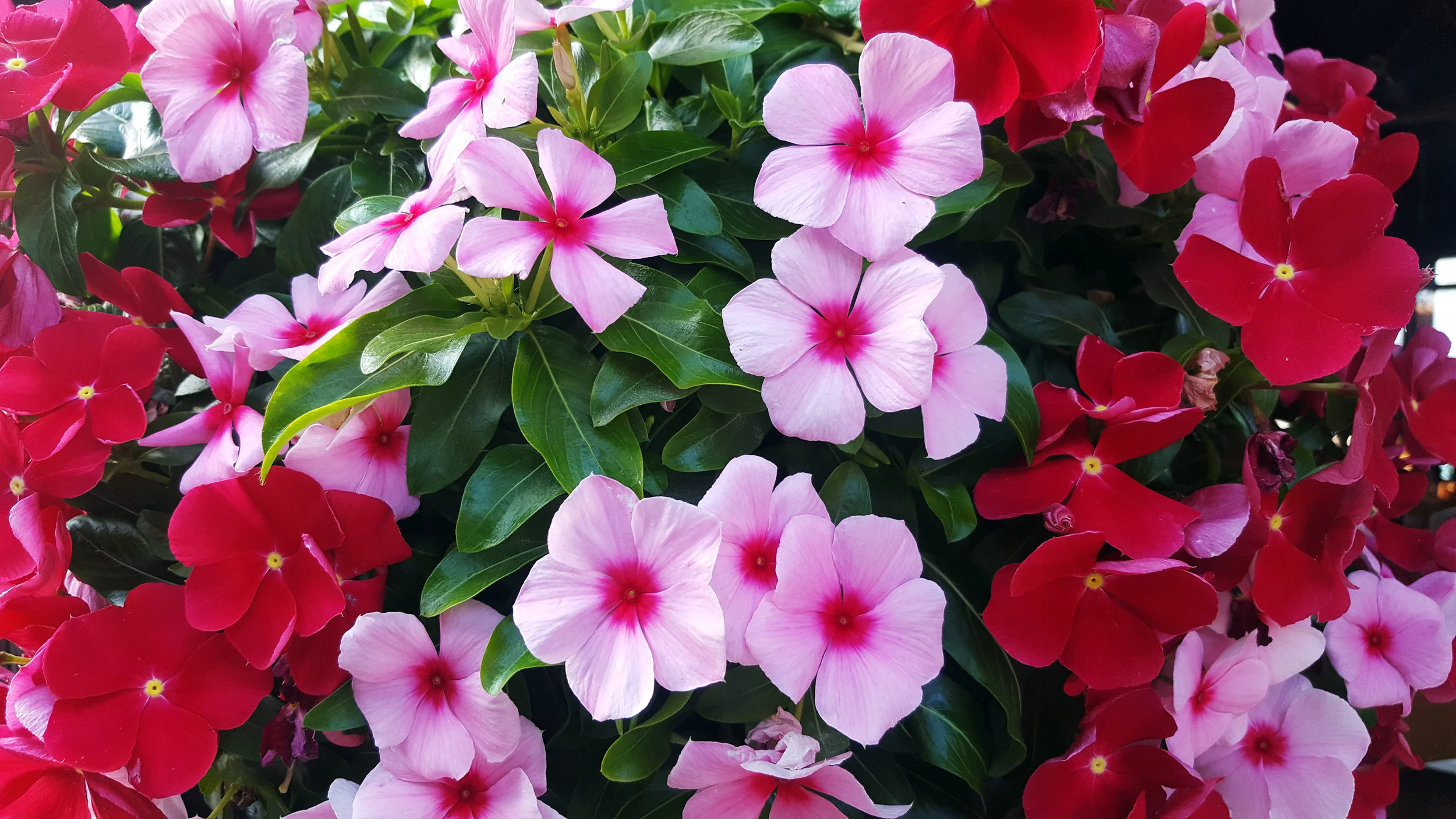“Dealing with health and economic challenges of Covid-19 has made one point abundantly clear for African countries – that we need broadband, faster, cheaper and expanded to the last mile of the populations”. This observation credited to UN Under Secretary-General and Executive Secretary of the Economic Commission for Africa, Ms. Vera Songwe has never rung truer than in these unprecedented times. Leveraging technology to assist African countries in the fight against Covid-19 is imperative to finding effective solutions for containing the virus in an economically feasible manner for Africa, taking into consideration the continent’s technological infrastructure.
Read MoreMedical racism against Indigenous peoples is a fact in the Canadian healthcare system. As a direct result of this experience, many Indigenous peoples lack trust in the healthcare system, and they limit their engagement with the system as much as possible. This has caused many detrimental impacts on Indigenous peoples, and the ongoing COVID-19 pandemic has highlighted an area of key concern – vaccine hesitancy within Indigenous peoples.
Read MoreWith the world on edge as the COVID-19 crisis progresses, the scientific community has sprung into gear in search of an effective treatment. R&D is progressing at unprecedented speeds, abridging the projected length for the completion of a vaccine from over a decade to just over a year. Amidst this rapid development, traditional knowledge plays a significant role in scientific endeavours. Through traditional knowledge, medical researchers can gain guidance and inspiration and bypass prolonged and expensive scatter-gun approaches to R&D.
Read MoreIn the midst of the COVID-19 pandemic, the world continues to overlook the epidemic raging on in some of the poorest regions of Africa since 2013: the Ebola outbreak. The Ebola virus is a severe disease with a death rate of up to 90% in humans. The virus was first identified in 1976 with two simultaneous outbreaks; one in the Yambuku village in the Democratic Republic of the Congo (DRC) and the other in a remote area of Sudan.
Read MoreThe COVID-19 pandemic is undoubtedly having an effect on the human population around the world, but its impact on the environment, especially in terms of conservation, is less publicized. The Amazon rainforest is the world’s largest rainforest. According to scientists, its preservation is vital to combat global warming. However, illegal logging practices continue to jeopardize the integrity of the rainforest at this time.
Read MoreAs an African and a Canadian, I inhabit an observatory. I am a resident in two worlds of blunt contrasts. On a good note, daily at every turn, those contrasts offer privileged lessons on the richness and complexity of the human experience, of our world. In this observatory, it is irresistible not to have a geopolitical perspective on the dynamic of Africa’s relationship with the global south. And since the formal declaration of COVID-19 as a global pandemic on March 11, 2020 by WHO’s Dr. Tedros Adhanom Ghebreyesus, the reality of that stark contrast has never been more evident.
Read MoreThe triumph of capitalism and its impact, post-cold war, is manifest in diverse ways and sites in the global south, especially Africa. Perhaps the most prominent consequence of the post-cold war capitalist strangle-hold is the phenomenon of globalization. In its legal and economic gradient, globalization has yielded unprecedented spate of legal harmonization and capitalist structuring, opening up of markets under the trade liberalization mantra.
Read MoreThe WIPO IGC is tasked with the mandate to engage in text-based negotiations for the effective protection of genetic resources (GRs), traditional knowledge (TK), and traditional cultural expressions (TCEs). The need for a special international regime of protection for TK/TCEs is based on many gaps in the global intellectual property and knowledge governance order.
Read MoreOne of the major innovations of the IGC, in its long-running search for international legal instruments for the effective protection of TK/TCEs (Traditional Knowledge / Traditional Cultural Expressions), is the idea of tiered or differentiated approaches to TK/TCEs. The essence of looking at TK/TCEs on a tiered basis is the recognition that some TK/TCE categories are diffused to some degree.
Read MoreOn August 27, 2018, the World Intellectual Property Organization (WIPO) Intergovernmental Committee on Intellectual Property and Genetic Resources, Traditional Knowledge and Folklore (IGC) reconvened in Geneva for its 37th session. The August 27-31 meeting is the third under the 2018-2019 biennium of the IGC and also the first opportunity for the experts to further advance negotiations on two texts for traditional knowledge (TK) and traditional cultural expressions (TCEs) under the current two-year program.
Read MoreAfter six days of deliberations (June 24-29, 2018) to secure a mature text for the protection of genetic resources and associated traditional knowledge, delegates left the negotiations with mixed feeling while remaining resolute on the progress made. The mixed feeling arose from the decision of the United States and its ally, Japan, not to support the transmission of the resulting text of the negotiations: REV 2 to the 40th IGC as a consensus document pursuant to the ongoing mandate of the IGC for the current biennium.
Read MoreOn June 26, 2018, the long running World Intellectual Property Organization (WIPO) Intergovernmental Committee on Intellectual Property and Genetic Resources, Traditional Knowledge and Folklore (IGC) reconvened in Geneva for its 36th session. Since 2000, the IGC has had a mandate to negotiate text-based instrument(s) for the effective protection of genetic resources, traditional knowledge and folklore (alternatively known as traditional cultural expressions).
Read MoreWorld Intellectual Property Day was April 26. The day aims to promote innovation and creativity for intellectual property (IP) as well as recognize achievements made across the globe by inventors and creators. As part of the Canada’s celebration, Navdeep Bains, Minister of Innovation, Science and Economic Development, launched Canada’s first IP Strategy.
Read MoreFor the 35th time in 18 years, experts have yet again gathered at the World Intellectual Property Organization (WIPO) headquarters in Geneva where they are scheduled to remain in deliberation between March 19 and 23, 2018. This meeting of the WIPO IGC is at the instance of the body’s renewed mandate for the 2018 and 2019 biennium after it failed, last year, to secure the transition of its draft texts.
Read MoreAs it embarks on another five-year periodic review of the Copyright Act, Canada has an opportunity to reflect on its copyright regime in light of the gaps that exist between it and Indigenous creative works. Indigenous creative works refer to myriad forms, manifestations, or expressions of Indigenous cultural heritage and identity, ranging from stories, folklore and songs, to dances, rituals, symbols, protocols and practices. These collectively link Indigenous peoples with their land, ecological orientation and worldviews, as well as their past, present, and future.
Read MoreThe global South is full of significant, diverse biological and genetic resources. It’s also home to most of the world’s indigenous communities. This is why developing countries are sensitive about protecting their genetic resources and traditional knowledge.
Read More





